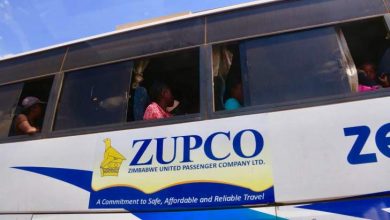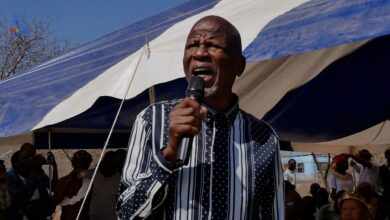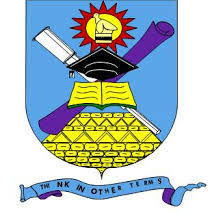Majority of Zimbabweans willing to accept political gifts ahead of election
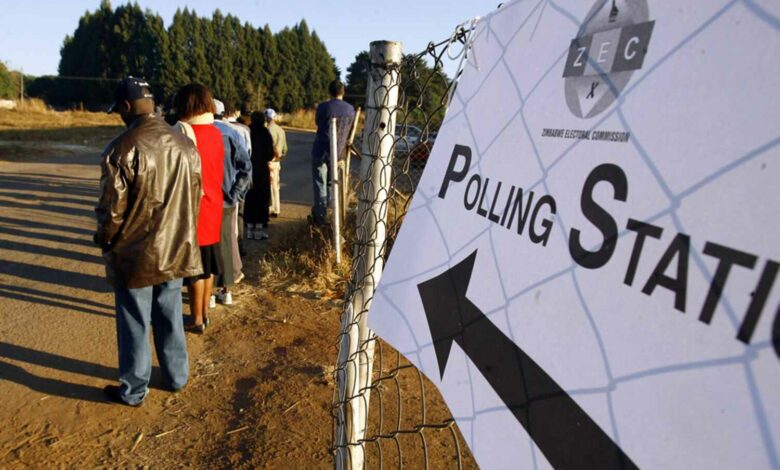
A majority of Zimbabweans are willing to accept “political gifts” ahead of the upcoming election, even if they say they will still vote for their preferred candidate.
Vote buying is when a candidate or someone from a political party offers voters food, gifts or money in return for their vote.
These revelations demonstrate how Zimbabwe’s election cycle has painted a ‘dark picture’ of politicians and their electors: where both have orchestrated a scheme to facilitate election fraud and bribery to aid their electoral success.
Although vote buying is not limited to the ruling party, Zanu PF has been accused of abusing State resources to woo voters.
According to a pre-election survey conducted by the Public Policy and Research Institute of Zimbabwe (PRIZ), an independent think tank based in Bulawayo, voter buying has become entrenched and imperilled some elections.
For the pre-election poll, respondents or potential electorate aged 18 and above who are eligible to vote in all 10 provinces of Zimbabwe were sought.
Face-to-face interviews were conducted, with respondents replying in their preferred language, and at least 200 respondents from each province were chosen, giving PRIZ a sample size of 2689 respondents.
“Respondents were asked about how they would react to being bribed by the contesting candidates to influence their choice. 44 percent say they would not take the bribe and they will vote for their choice, 40 percent say they would take the bribe but continue and vote for their preferred candidate while 11 percent would take a bribe and vote for the bribing candidate. This represents an alarming 51 percent of the respondents that would accept and receive ‘political gifts,” read the survey results.
These findings are presented below.
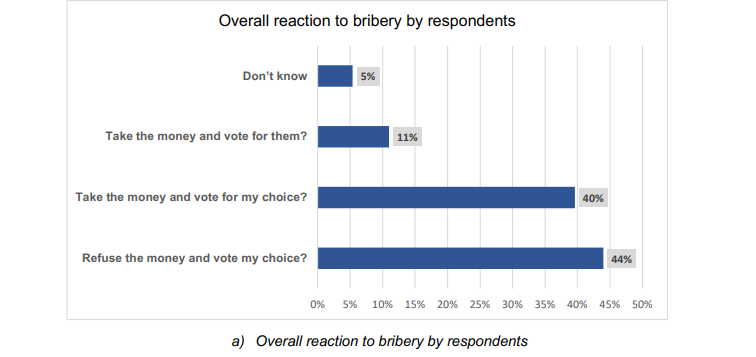
According to Section 136 of the Electoral Act, ‘Bribery’ is defined in several ways and is an criminal offence, (1) Subject to subsection (2), any person who, directly or indirectly, by himself or herself or by any other person— shall be guilty of the offence of bribery and liable to a fine not exceeding level seven or to imprisonment for a period not exceeding two years or to both such fine and such imprisonment.
“(2) Nothing in subsection (l) shall be construed as applying to any money paid or agreed to be paid for or on account of any expenditure bona fide and lawfully incurred in respect of the conduct or management of an election,” reads part of Section 136.
The Act says bribery involves someone who “gives, lends or procures or agrees to give, lend or procure or offers or promises to procure or to endeavour to procure, any money to or for any person on behalf of a voter, or to or for any other person in order to induce a voter to vote or refrain from voting, or who corruptly does any such act as aforesaid on account of such voter having voted or refrained from voting at any election”
Section 138 of the Electoral Act proceeds to state that any person convicted of a corrupt practice by the High Court may, in addition to any other punishment, be declared to be incapable, for a period not exceeding five years from the date of his or her conviction, of—
(a) being registered as a voter or voting at an election; or
(b) filling a public office, other than a public office the tenure of which is regulated exclusively by or in terms of the Constitution, and, if he or she holds any such office, the High Court may declare that that office shall be vacated by him or her as from the date of his or her conviction.
Meanwhile, a political commentator, Iphithule Maphosa, said during this electoral period, Zimbabwe has seen some of the highest prevalence of bribery and commercialisation of elections.
“Vote buying is obviously outlawed in the electoral laws and is an act of electoral corruption for which candidates must be held accountable,” he said.
Maphosa also noted that the Zimbabwe Electoral Commission (ZEC) has failed to stop this malpractice due to its impartiality where Zanu PF is concerned.
“It is therefore not surprising that once again vote buying is still a concern in the August 23 elections. The law notwithstanding, divorcing money and food from politics in Zimbabwe remains a hard nut to crack because some people are hungry and need that money or food,” he said.
“Look at how people scramble for the Zanu bread or Chicken Inn (meal) at Zanu rallies. It signifies that some people are desperate but that cannot be condoned. Then for the opposition, which doesn’t offer food at its rallies, some people have been heard saying they are hungry and didn’t get food. It’s puzzling.”


